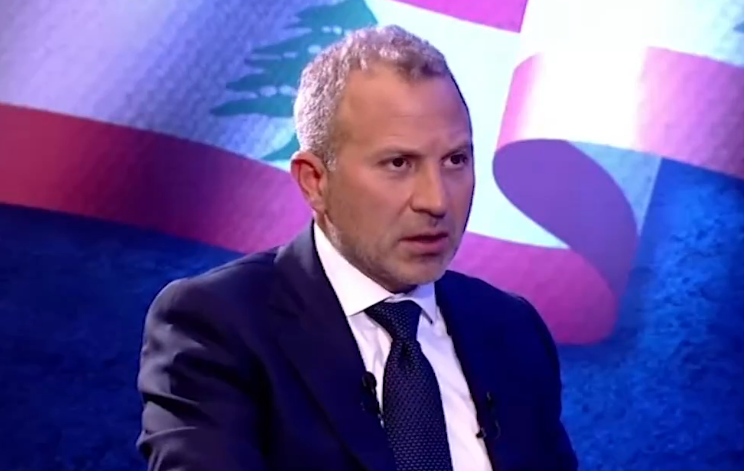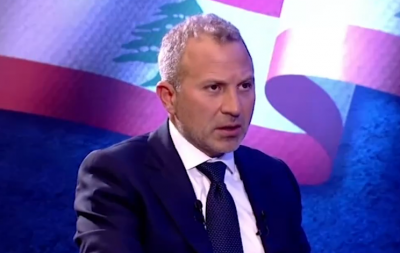Perhaps the most significant news during French envoy Jean-Yves Le Drian's visit to Beirut on Tuesday and Wednesday is the lack of a meeting with the head of the Free National Movement, MP Gebran Bassil, due to Bassil being abroad. There is no announced reason for the absence of the meeting other than the travel, as learned by "Anbaa" from a leadership source within the Free National Movement.
At first glance, some may interpret the absence of the meeting as Bassil's desire to avoid receiving Le Drian, in reaction to the latter's behavior during the brief encounter that lasted less than ten minutes at Bassil's home in Bayada, where the head of the movement rejected the French envoy's proposal to extend the service of Lebanese Army Commander Joseph Aoun for an additional year, as he was approaching retirement age (before the extension was later issued by a decree from the National Assembly).
Others may explain the absence as a preemptive response from Bassil to a potential proposal from Le Drian to hold a consultative meeting in the French capital, Paris. Bassil is aware that such a meeting could serve the army commander as a candidate for the presidency with external pressure, similar to the Doha meetings in 2008, which ended with the election of then-army commander Michel Sleiman as president.
From the above, it seems clear that determining the identity of the presidential candidate on Lebanese soil will not include Bassil's veto against two candidates: former Minister Sleiman Frangieh, head of the Marada Movement, and the army commander.
In any case, the Lebanese are awaiting Le Drian's visit, hoping that the former head of French diplomacy can make a breakthrough in the presidential file, which has been stalled since October 31, 2022. They are also looking forward to the eighth Brussels Conference on Syrian Refugees, which will be held in the Belgian capital, amidst field objections called for by both the Lebanese Forces Party and the Free National Movement, with hopes of taking steps that mitigate the fear of settling displaced people, which is a concern for all Lebanese.
Official Lebanon participates in the Brussels meeting armed with a firm and unified stance. Many believe that this is not the first meeting of its kind; it is the eighth in a series, and the European Union maintains its position of rejecting the return of refugees before ensuring stability in Syria.
As long as there is concern that their destination will be Europe if they leave Lebanon, the Europeans, through the Refugee Agency, have been following a policy of carrot and stick toward Lebanon for years to ensure that the displaced remain there. To this end, they provide financial aid that corresponds to only a small part of their costs to the treasury in European countries on one hand, while exerting political pressure on many Lebanese officials on the other hand, to take strict measures by Lebanese security and military agencies to prevent the movement of boats for illegal immigration to Europe.
An informed source told "Anbaa": If the European Union benefits from the Lebanese division over the displacement issue and fuels it through some European-funded civil society organizations, this card has fallen before and after the parliamentary recommendation session, and the Lebanese stance has since unified in this regard, even if the mechanisms differ.
The source continued: European aid has ceased to be an attraction for anyone. Furthermore, the pressure being exerted on some politicians is no longer as effective as before.
The source saw that Lebanon had anticipated the meeting by hinting that if the European Union remains unprepared to address the matter, Lebanon would take unilateral actions that it deems appropriate. The source did not rule out the possibility of the European Union seeking to absorb the Lebanese backlash by agreeing to a gradual return policy for the displaced people that the Lebanese accept, preventing new movements towards EU countries, according to "Anbaa" in Kuwait.




